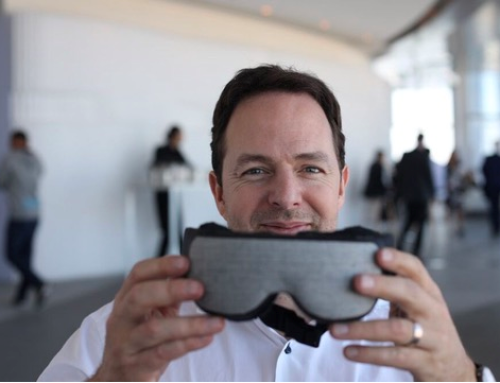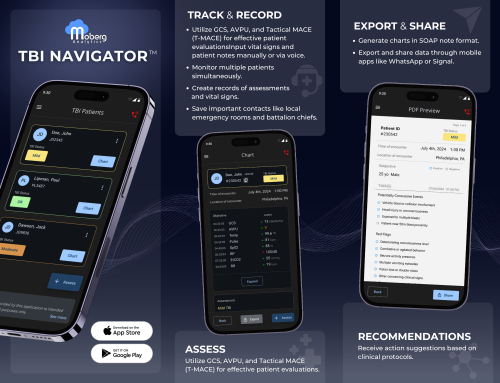With the support from USAMRDC’s Military Infectious Diseases Research Program (MIDRP) and Military Operational Medicine Research Program (MOMRP), researchers at the University of California San Francisco (UCSF) and the University of California San Diego (UCSD), in collaboration with researchers at the Massachusetts Institute of Technology Lincoln Laboratory (MIT-LL), have developed an algorithm for early COVID-19 detection to be used in conjunction with the commercially available Oura Ring. With rapidly transmitting viruses such as SARS-CoV-2, it is vital to develop tools that can identify symptoms early so that individuals are able to self-isolate and seek out relevant medical attention as soon as possible.
Recently, the UCSF-led research collaborative published their findings in a set of papers in Scientific Reports and Vaccines that take a look at the physiological precursors to both SARS-CoV-2 infection and the production of related antibodies following vaccination. The Scientific Reports study analyzed the daily physiological data from 63,153 study participants, of whom 73 were shown to have contracted SARS-CoV-2. Researchers used the data generated from these 73 individuals to develop an algorithm to identify the onset of COVID-19 symptoms an average of 2.75 days before participants sought out traditional diagnostic testing. A major highlight of their study indicates that ambulatory monitoring of vital signs helps to increase the accuracy of COVID-19 detection. Future work on algorithm development will focus on obtaining data from a more diverse population of participants to increase the accuracy of predictive algorithms.
In combination with their work on early detection of COVID-19, these researchers also sought to predict the levels of antibody production after vaccination using the physiological data of participants around the time of vaccination. Results of the analyses published in Vaccines showed that the night following a second mRNA vaccination against COVID-19 was most predictive, and the most reliable predictor of a strong antibody response was an elevated temperature. Future investigations might look into the effects of fever-reducing drugs, such as acetaminophen, on COVID-19 antibody response.
The development for wearable vital signs monitoring has impacted both military and civilian populations as both benefit from understanding physiological changes seen during their everyday activities such as exercise and sleep. The addition of monitoring that may alert individuals of impending illness, such as the ones being developed by the UCSF-led research collaborative, may help predict highly transmissible infections early so that individuals are able to seek medical attention and quickly start on the road to recovery.
This project was funded through the MTEC’s Request for Project Proposals for diagnostic tool to assist with the diagnosis of COVID-19 (Solicitation #20-12-COVID19_Diagnostics).





